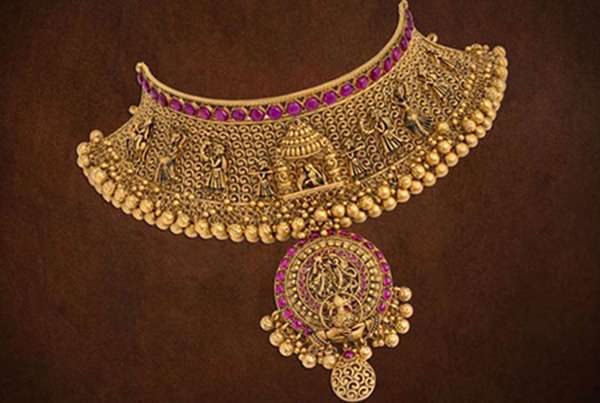
The government of India has launched many enterprise schemes that support exporters in areas such as banking, finance, skill development, technology and marketing. For instance, the Credit Guarantee Scheme provides small enterprises with straightforward access to financing, offering a credit guarantee for loans of up to Rs20mn (US$0.24mn) without the need for collateral or a third-party guarantee.
The Market Development Assistance (MDA) Scheme is a government endowment available to all exporters that have delivered up to Rs150mn (US$1.8mn) of exports in the preceding year. This provides funding for export promotion activities, such as participation in trade fairs and exhibitions.
Given the high customs duty in India, it is imperative to provide duty-free access to gold for export purposes. In this regard, India has introduced the Advance Authorisation Scheme (AA). Put simply, a gold jewellery exporter can import gold without paying customs duty as long as they export jewellery within 120 days from the date of import of each consignment.
This includes an actual user condition, which means that the gold cannot be transferred and must only be used in the premises of the licence holder. Furthermore, a minimum value addition (the difference in value between the finished jewellery and the input raw material used to manufacture it) of 3.5% must be achieved for the export of plain jewellery and 6-7% for studded gold jewellery.
Apart from that, a maximum manufacturing loss (wastage) of 2.5% is permitted for plain gold jewellery compared with 5% for studded gold items. To prevent misuse of the scheme, licences carry an obligation whereby exports recorded against the gold must be fulfilled – both in terms of quantity and value – within 90 days from accounting for value addition and manufacturing loss.
Another scheme that provides exporters with duty-free gold is the Duty Drawback Scheme (DBK). Unlike the AA Scheme, where duty is exempt at the time of import, the import duty under DBK has to be paid at the point of import and subsequently claimed back after providing the applicable paperwork, such as a Bill of Export.
In 2019, the government also allowed Indian exporters to replenish gold equivalent to any they had sold at exhibitions abroad without paying duty, although this was stopped after the implementation of the Goods and Services Tax (GST) in 2017 and the benefit for exporters who sold jewellery in this way was removed.
That aside, jewellery exporters are able to take advantage of gold metal loans if they can provide a bank guarantee or cash margin of ~110% of the notional gold value. Despite these various government schemes, all of which are broadly supportive of gold jewellery exporters, jewellery exports in tonnage terms have faced headwinds in recent years. Key policy measures are needed to facilitate exports and alleviate the challenges exporters currently face.
